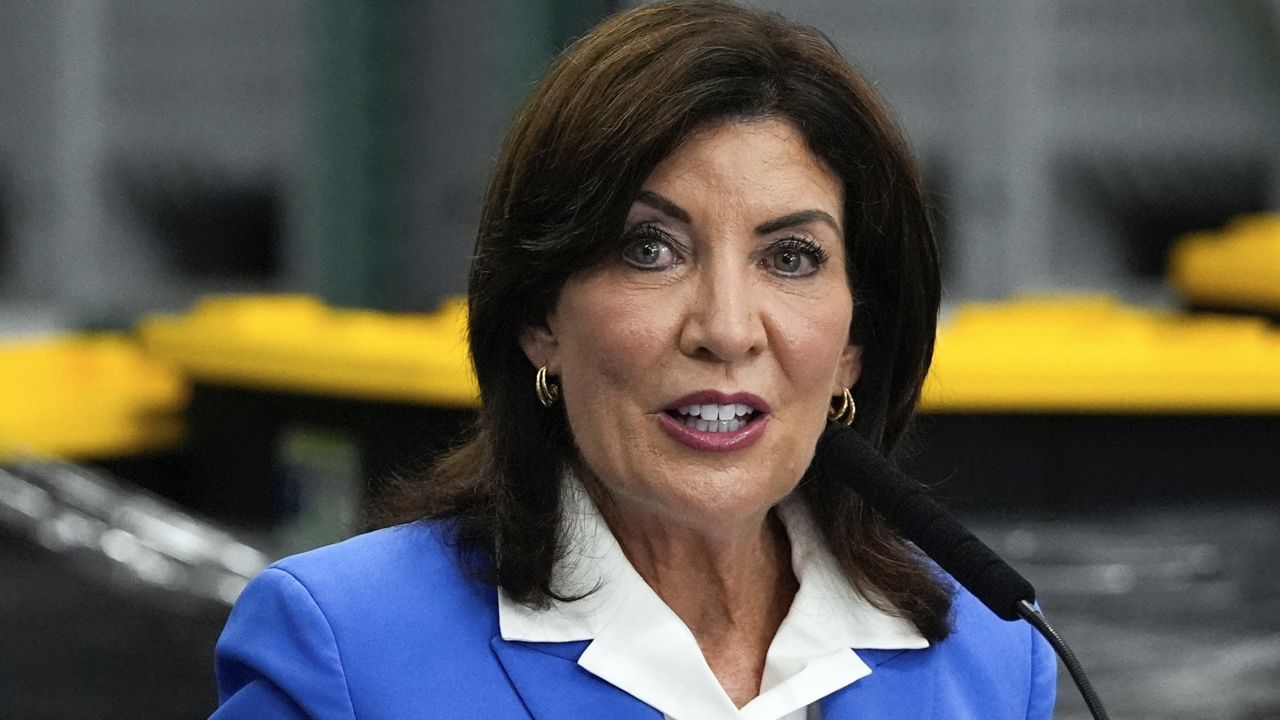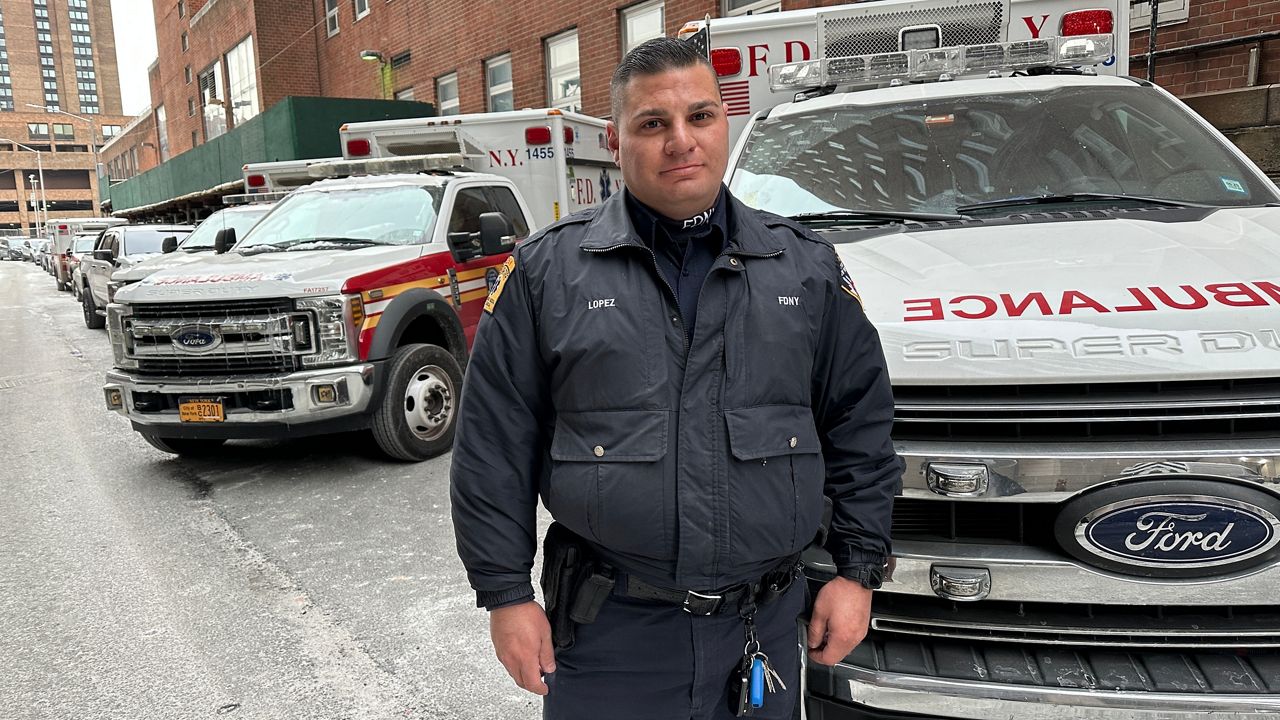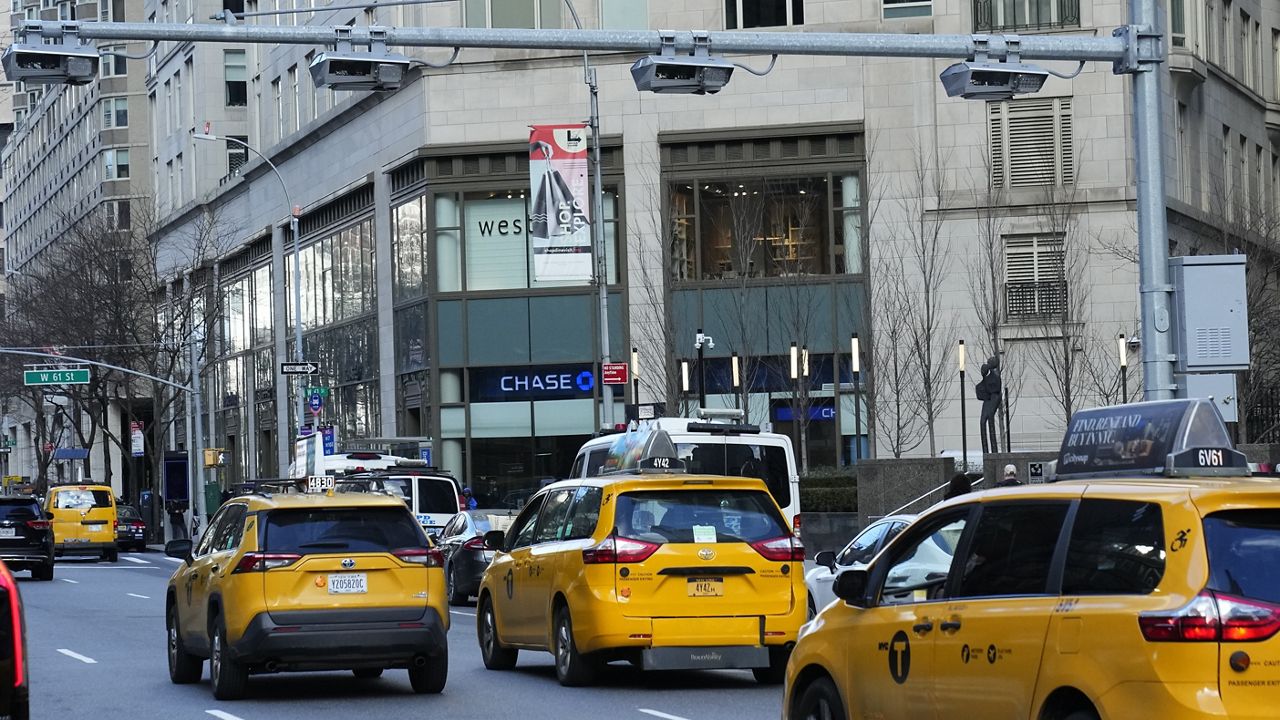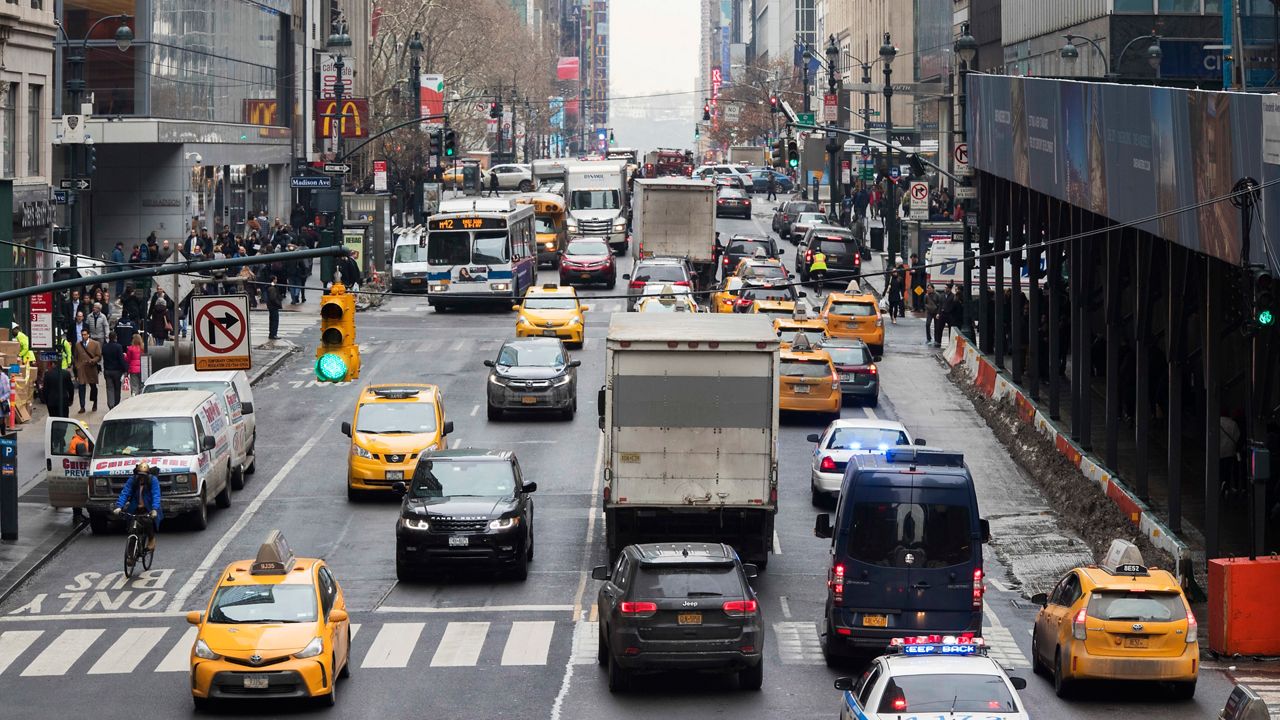When you think of Little Italy's Mulberry Street, two things might come to mind: pasta and tourists. It's because of the latter that some restaurant managers aren't too worried about congestion pricing impacting their bottom line.
"For me, it's not really concerning," said Casa Bella manager Marco Forgia. "Because we work 90% with tourists. The tourists get the train, not a car. We have few locals."
Down the block, inside Gelso and Grand, manager Fee Bakhtiar holds a similar view.
"We are in Little Italy, we do get a lot of tourists who are usually traveling usually subway so I don’t think that will affect [us]," she said.
But others aren't so sure about that. Carlos Negron, longtime employee at the restaurant Grotta Azzurra, said many of those tourists are people who drive from Long Island and New Jersey.
"Most of the people would probably rather stay in New Jersey than come in to the city," Negron theorized.
He thinks Grotta Azzurra may see a 25% decrease in business.
And across the street at Cafe Palermo, home of the 'Cannoli King,' manager Donna Magiore said without a doubt the controversial tolls will affect business.
"Yes, definitely," Magiore said. "With the price increases for the tolls, very much so."
"Why would they pay that? It's absurd. I mean people do love our product, but there’s always a concern, sure,” Magiore added.
Others in the restaurant industry as a whole worry not just about fewer customers but higher operating costs because of the tolls delivery trucks are now being charged each time they enter the zone.
"While we understand and support the city’s goals of reducing traffic congestion, improving air quality, and funding public transportation," the New York hospitality Alliance's Andrew Rigie wrote in a statement. "We are deeply concerned that the congestion pricing policy... places an undue burden on essential food distributors, restaurants and hunger relief organizations."
"I think it’s gonna be a difficult time for us," Negron added. "But we’ll battle."




_CP_Business_Reaction_PKG_CC_132227503_3648?wid=320&hei=180&$wide-bg$)



_Pkg_SI_Bus_Service_Clean)
_Pkg_CP_Hochul_Trump_DOT_CG_133247410_434)

